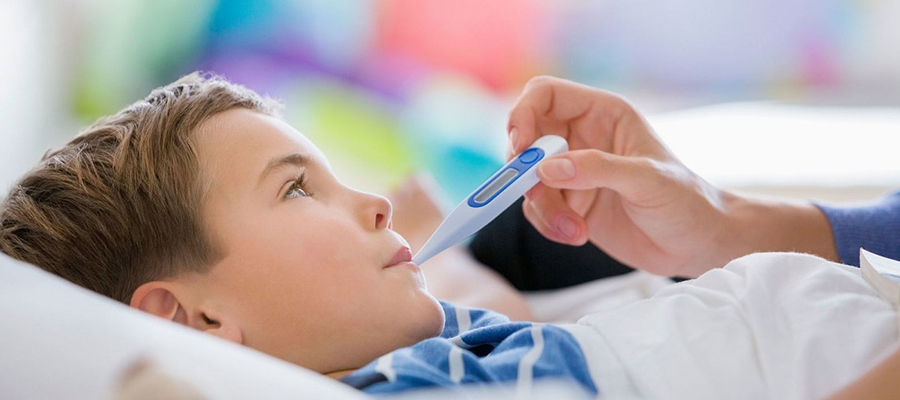
Estimated reading time: 4 minutes and 17 seconds
Mumps Treatment
Comprehensive Care for Mumps at Aktif International Hospitals
Mumps is a contagious viral infection characterized by swelling of the salivary glands, particularly the parotid glands located beneath the ears. While mumps is most commonly associated with childhood, it can affect individuals of any age and may lead to complications if left untreated. At Aktif International Hospitals, we offer comprehensive care for mumps provided by experienced infectious disease specialists and healthcare professionals who are dedicated to helping patients recover from mumps and prevent potential complications.
Frequently Asked Questions
What is mumps, and what are its common symptoms?
Mumps is a viral infection caused by the mumps virus, which belongs to the paramyxovirus family. Common symptoms of mumps may include:
- Swelling of the salivary glands: The hallmark symptom of mumps is swelling and tenderness of one or more of the salivary glands, typically the parotid glands located on one or both sides of the face, beneath the ears.
- Fever: Many individuals with mumps develop a low-grade fever, which may precede or accompany the swelling of the salivary glands.
- Pain and discomfort: Swelling of the salivary glands can cause pain, tenderness, and difficulty chewing or swallowing.
- Headache: Some individuals with mumps may experience headache, muscle aches, fatigue, or other flu-like symptoms.
- Complications: In rare cases, mumps can lead to complications such as orchitis (swelling of the testicles in males), oophoritis (swelling of the ovaries in females), meningitis, encephalitis, pancreatitis, or deafness.
How is mumps diagnosed, and what is the recommended treatment?
Mumps is typically diagnosed based on clinical symptoms, such as swelling of the salivary glands, and confirmed with laboratory testing, such as viral culture or polymerase chain reaction (PCR) testing to detect the mumps virus in saliva or buccal swab samples. In some cases, blood tests may be performed to detect mumps-specific antibodies.
There is no specific antiviral treatment for mumps, and management primarily focuses on relieving symptoms and preventing complications. Recommended treatments for mumps may include:
- Rest and hydration: Getting plenty of rest and staying hydrated can help support the body’s immune response and facilitate recovery from mumps.
- Pain relief: Over-the-counter pain relievers, such as acetaminophen or ibuprofen, may be recommended to alleviate pain, fever, and discomfort associated with mumps.
- Warm or cold compresses: Applying warm or cold compresses to the swollen glands can help reduce pain and inflammation.
- Isolation and infection control: Individuals diagnosed with mumps should be isolated from others to prevent the spread of the virus to unvaccinated individuals or those who are at increased risk of complications.
In some cases, complications of mumps may require additional treatment or supportive care, such as hospitalization, intravenous fluids, or treatment for secondary bacterial infections.
How can mumps be prevented?
The most effective way to prevent mumps is through vaccination. The mumps vaccine is typically administered as part of the measles, mumps, and rubella (MMR) vaccine, which is routinely recommended for children as part of the childhood vaccination schedule. In addition to childhood vaccination, individuals who have not been vaccinated or are at increased risk of exposure to mumps should consider getting vaccinated to protect themselves against infection.
Other preventive measures to reduce the risk of mumps transmission include:
- Practicing good hand hygiene: Washing hands frequently with soap and water, particularly after coughing, sneezing, or touching potentially contaminated surfaces, can help prevent the spread of mumps virus.
- Avoiding close contact: Avoiding close contact with individuals who are sick with mumps or other contagious illnesses can help reduce the risk of transmission.
- Covering coughs and sneezes: Covering the mouth and nose with a tissue or the elbow when coughing or sneezing can help prevent the spread of respiratory droplets containing the mumps virus.
Why choose Aktif International Hospitals for mumps treatment?
Aktif International Hospitals is committed to providing comprehensive and compassionate care for individuals diagnosed with mumps. Our team of experienced infectious disease specialists, pediatricians, and healthcare professionals is dedicated to supporting patients through every stage of mumps infection, from diagnosis and treatment to recovery and prevention of complications. We offer personalized treatment plans tailored to each patient’s needs and strive to provide the highest standard of care in a supportive and caring environment.
Schedule Your Consultation at Aktif International Hospitals
If you or your child are experiencing symptoms of mumps or have concerns about mumps infection, don’t hesitate to seek medical attention. Contact Aktif International Hospitals to schedule a consultation with our experienced infectious disease team. We are here to provide the support, guidance, and treatment you need to overcome mumps infection and protect your health and well-being. Your health and safety are our top priorities, and we are committed to helping you recover from mumps and prevent future infections.
Author: Caner Torunlar


 TR
TR